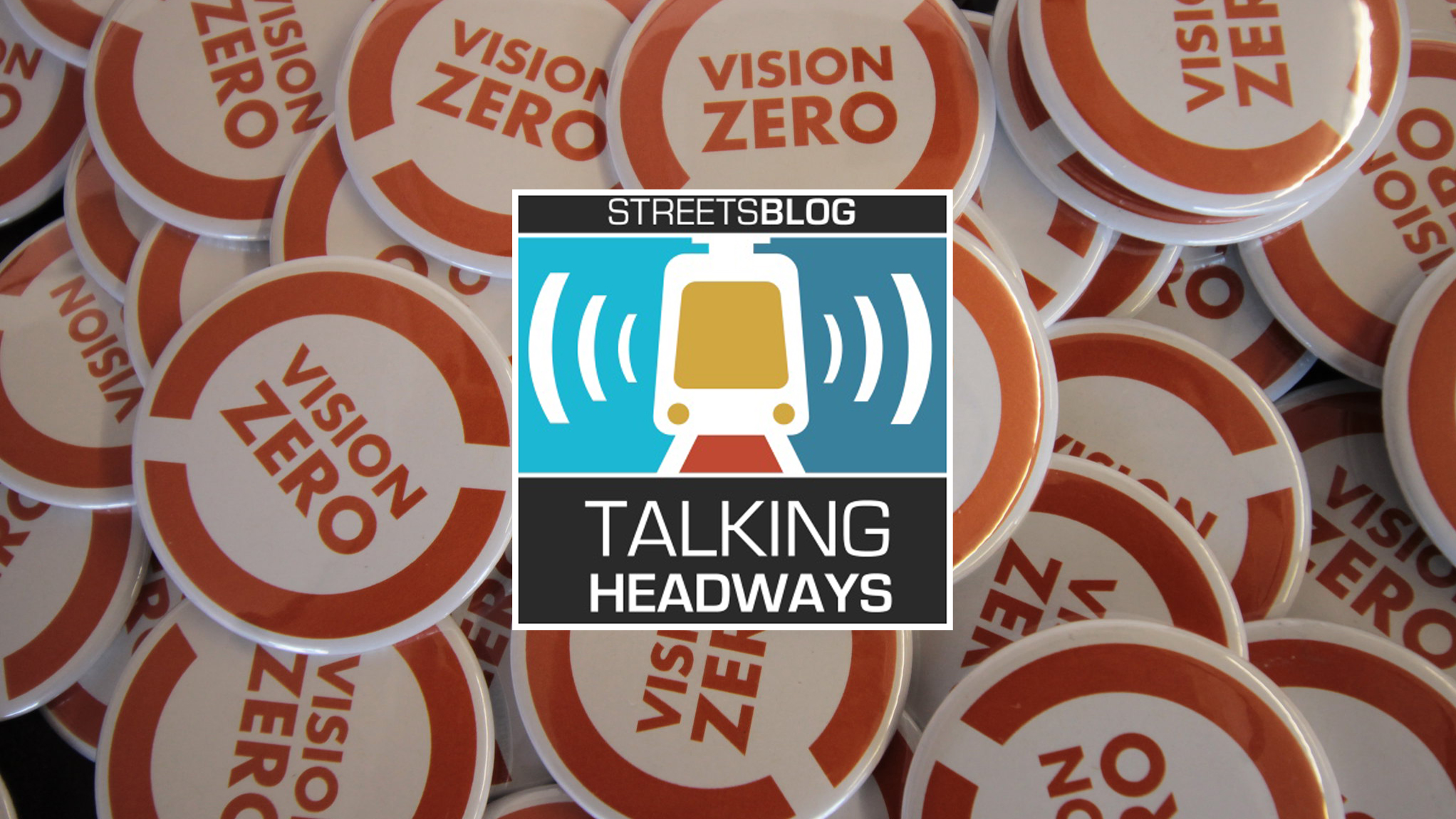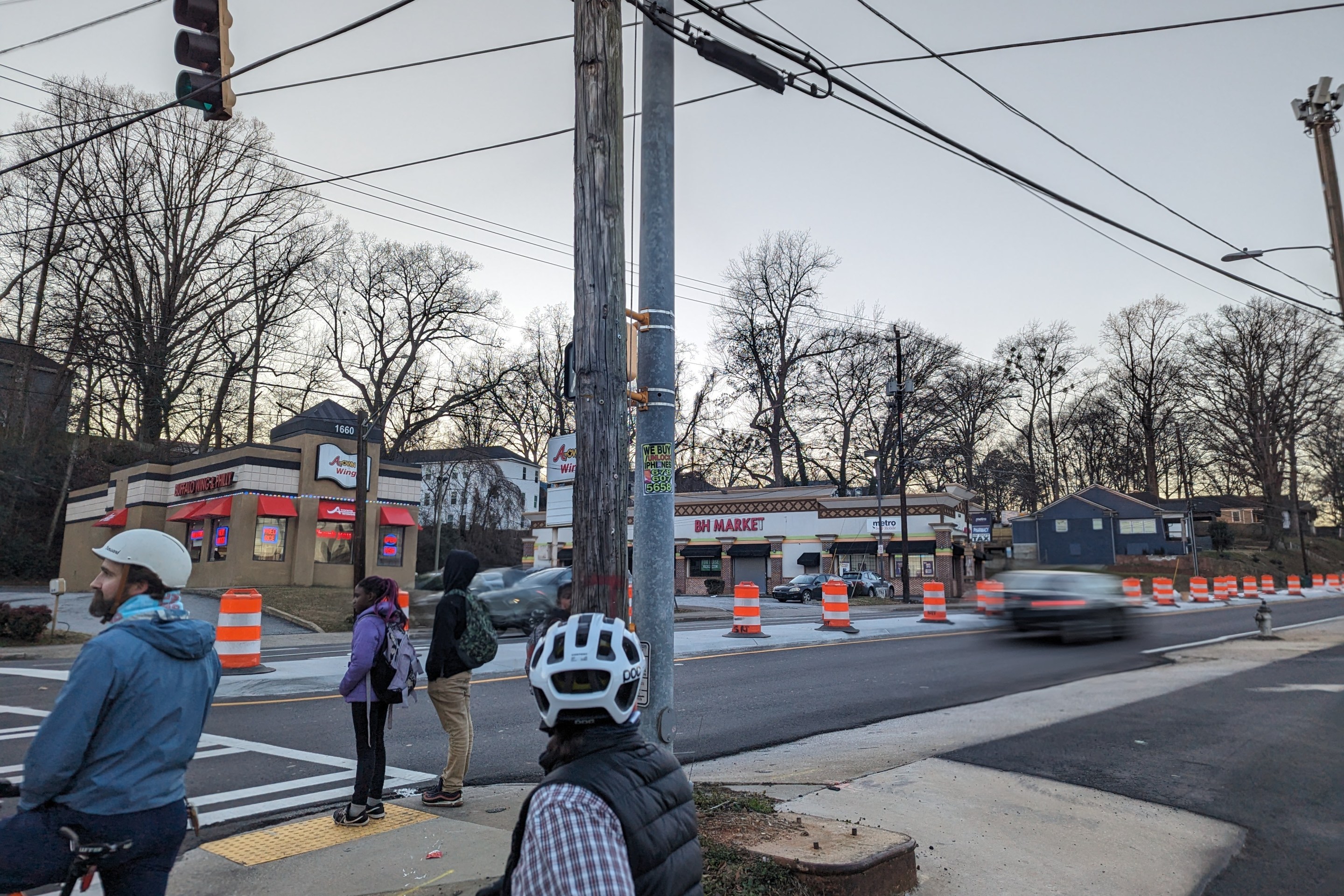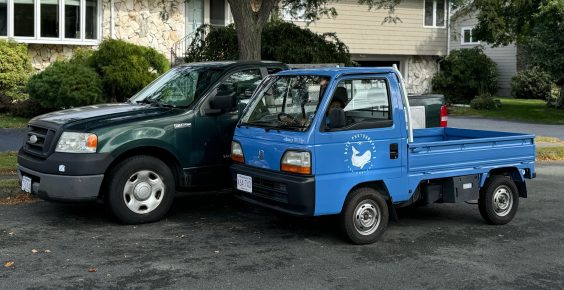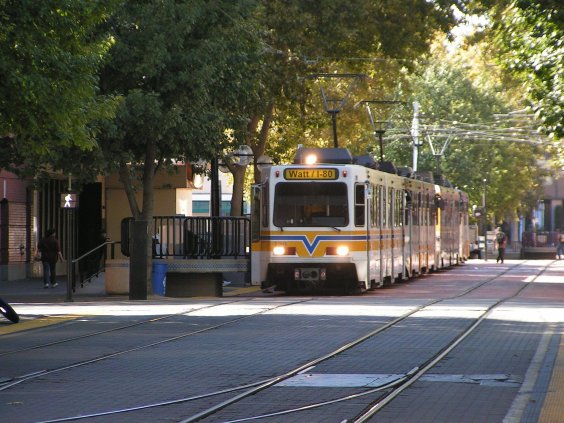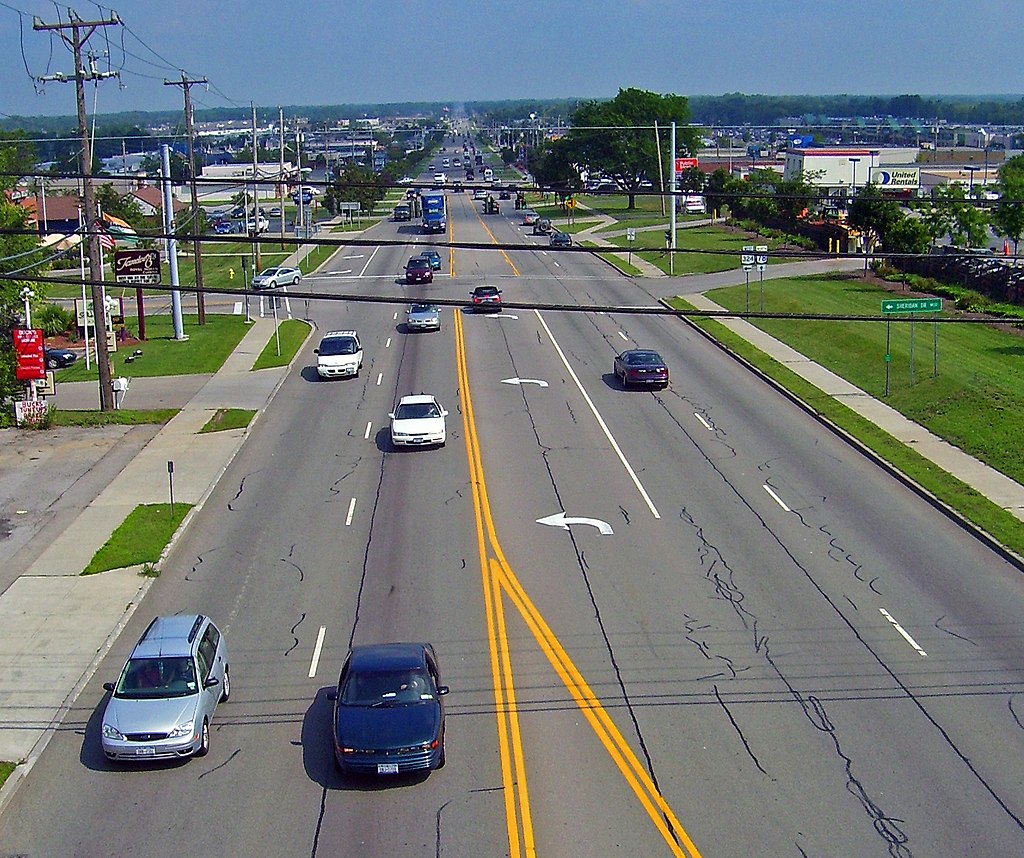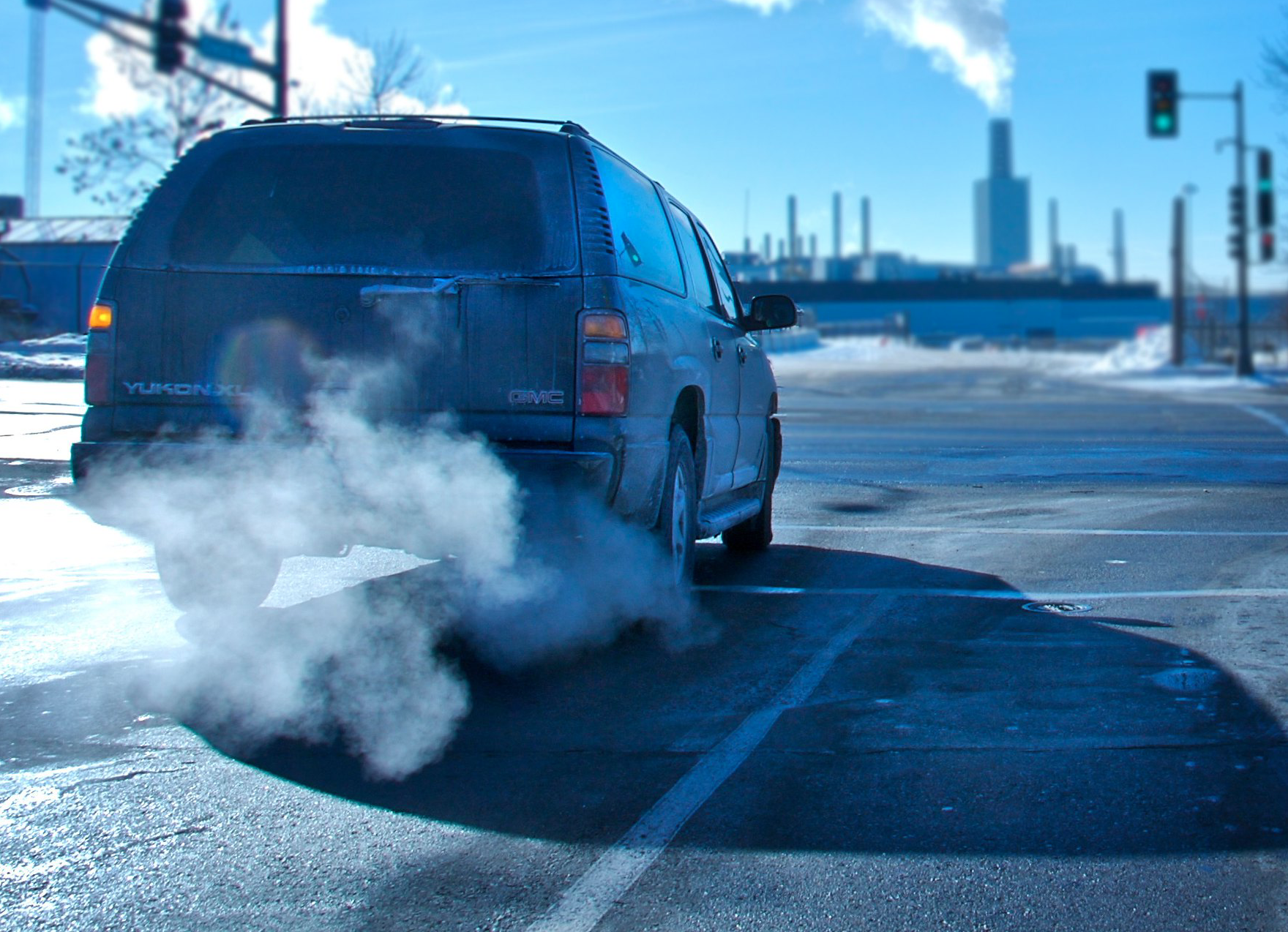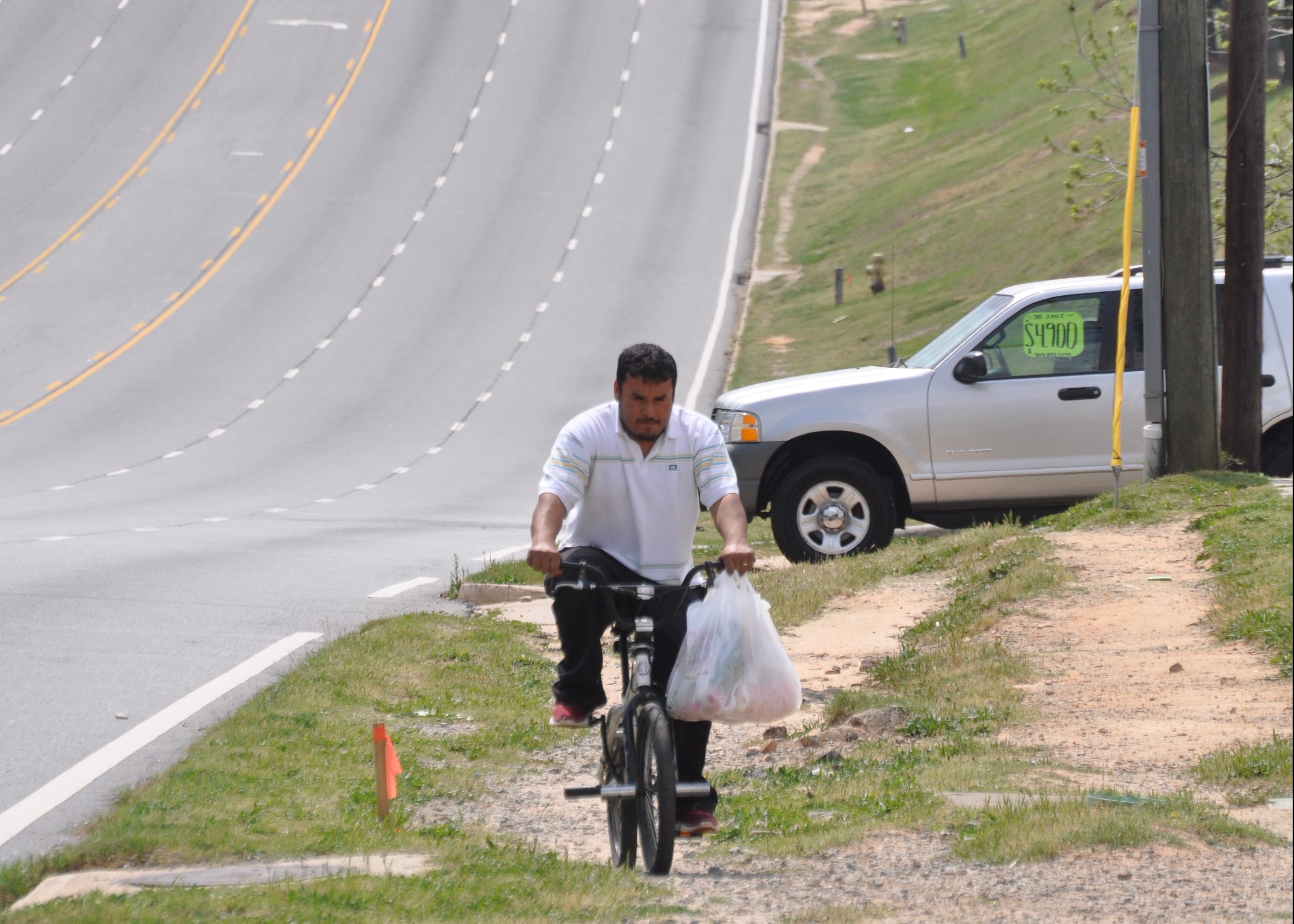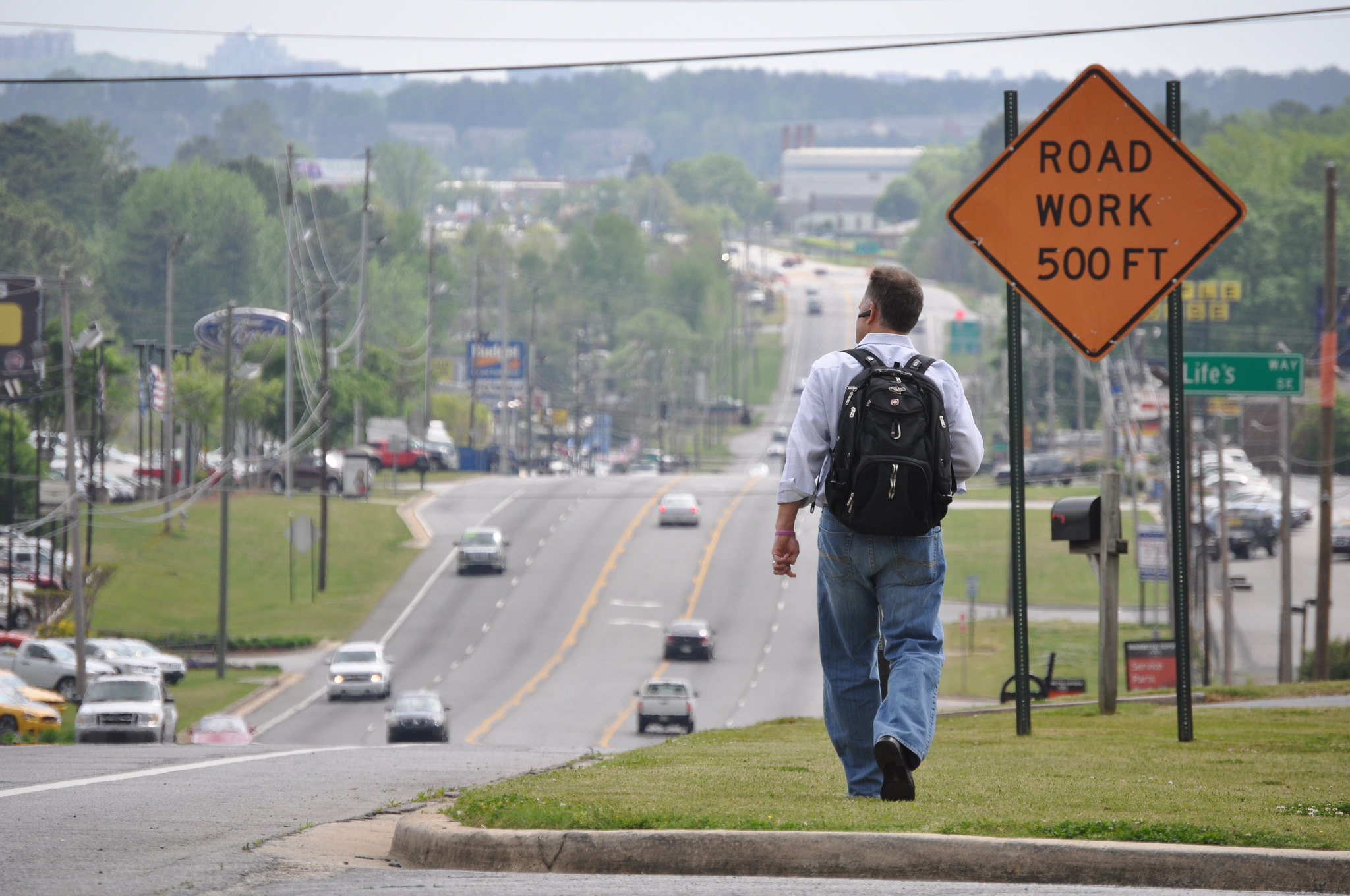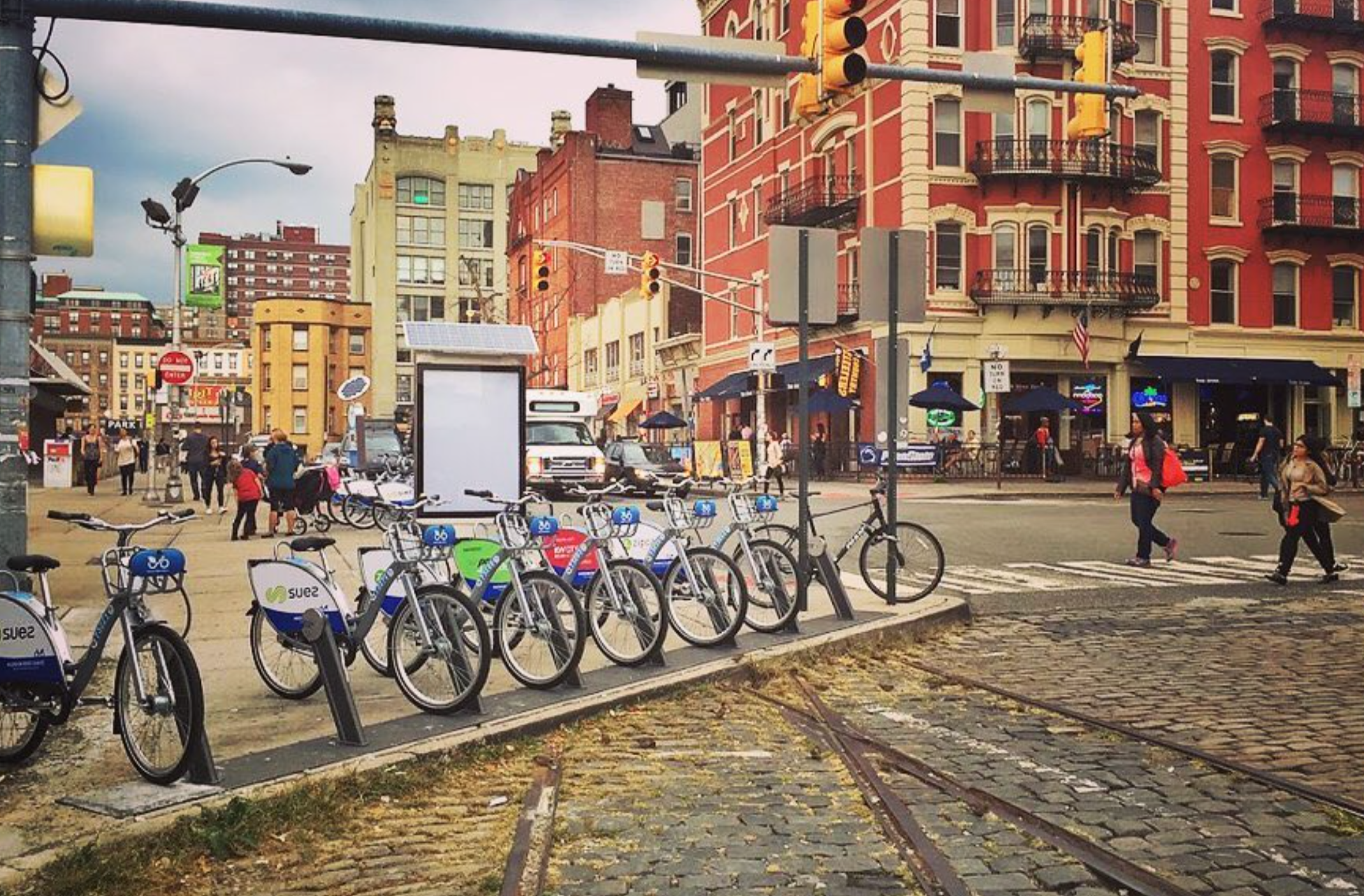Vision Zero
Talking Headways Podcast: Urgency and Vision Zero
Vision Zero Network founder Leah Shahum on why it’s so hard to make change, the implicit biases around designing for cars and World Day of Remembrance for Road Traffic Victims, coming up on Nov. 17.
How Atlanta Passed Its Right-On-Red Ban
Atlantans can not turn right on red anymore — and could be a major step forward in making streets safer.
Hoboken Pol: E-Bike Registration Not Working
“This ‘take a test wear a vest’ idea is proving to be not super effective at the moment,” said the Council member.
After Short-Lived Ban, Kei Trucks Get the OK In Massachusetts
The tempest over kei trucks reflects an approach to regulations that has historically prioritized safety for people inside motor vehicles at the expense of safety for everyone else.
Sacramento City Council May Declare Emergency Over Traffic Safety
The proposal to declare an emergency is appropriate, say advocates — but it needs to be much stronger.
New “Anti-Stroad” Law Will Make Delaware Choose Between Car-Focused Roads and Human-Scaled Streets
...but advocates might not always agree on which one they should pick.
The People Who Design our Roads and Cars Are Both Telling the Same Deadly Lie
It's time to remake the U.S.’s allegedly data-driven approach to road safety by reinventing our understanding of the crash data that informs it all.
Why So Many Dangerous, Car-Dominated Cities Have ‘Achieved’ Vision Zero
A new report shows hundreds of mid-sized U.S. cities have avoided road deaths for at least a year. That doesn't necessarily mean they're safe.
Three Unseen Harms of America’s Pedestrian Death Crisis
If 7,500+ dead pedestrians isn't enough inspire change, maybe the ocean of injuries, grieving loved ones and lost opportunities can.
‘We Have the Power To Reshape our Cities’: Hoboken Mayor Reflects on Seven Years of Vision Zero Success
"Change is scary and painful sometimes. And it would be easy to give in and say maybe now is not the time. But it is our duty, as elected officials, public policymakers, and advocates, like many of us here today, to face these challenges head on, and recognize that the status quo doesn’t always cut it."
